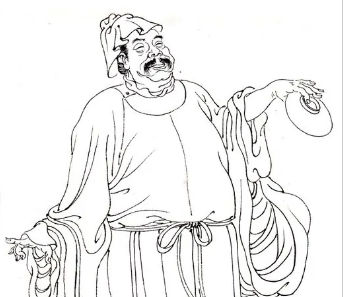In Chinese, there are many idioms used to describe human behavior or certain states. Today, we will discuss the idiom "xin ma you jiang". This idiom may not be common in daily life, but its meaning is vivid and interesting. So, what does "xin ma you jiang" mean? This article will explain the meaning and usage scenarios of this idiom in detail.

1. Literal Meaning of the Idiom
First, let's analyze the four characters of "xin ma you jiang". Among them, "xin" means to let it be or let it happen; "ma" refers to a horse; "you" means to indulge or indulge in; "jiang" refers to the reins used to control a horse. Therefore, from a literal perspective, "xin ma you jiang" describes a scenario where a person indulges in a horse, does not control the reins, and allows the horse to move freely.
2. Extended Meaning of the Idiom
In its extended meaning, "xin ma you jiang" is used to describe a person's attitude of not interfering with things and letting them develop naturally. Just like a horse rider letting go of the reins and allowing the horse to run freely, this idiom is usually used to describe not controlling or guiding something, allowing it to develop freely.
3. Usage Scenarios of the Idiom
In practical use, "xin ma you jiang" can be used in various scenarios. For example, when discussing educational philosophy, some people may advocate that children should be given more freedom to explore and learn "xin ma you jiang" instead of strictly limiting their learning path. Or in management, some leaders may adopt a hands-off strategy, allowing team members to exert their creativity "xin ma you jiang" instead of exercising strict control.
4. Conclusion
In summary, "xin ma you jiang" is an image-rich idiom that conveys people's attitude of laissez-faire towards things by comparing the scene of riding a horse without controlling the reins. Understanding and correctly using this idiom can help us express our views and attitudes more richly and precisely. Using "xin ma you jiang" in appropriate contexts can make language more vivid and interesting.
Disclaimer: The above content is sourced from the internet and the copyright belongs to the original author. If there is any infringement of your original copyright, please inform us and we will delete the relevant content as soon as possible.































